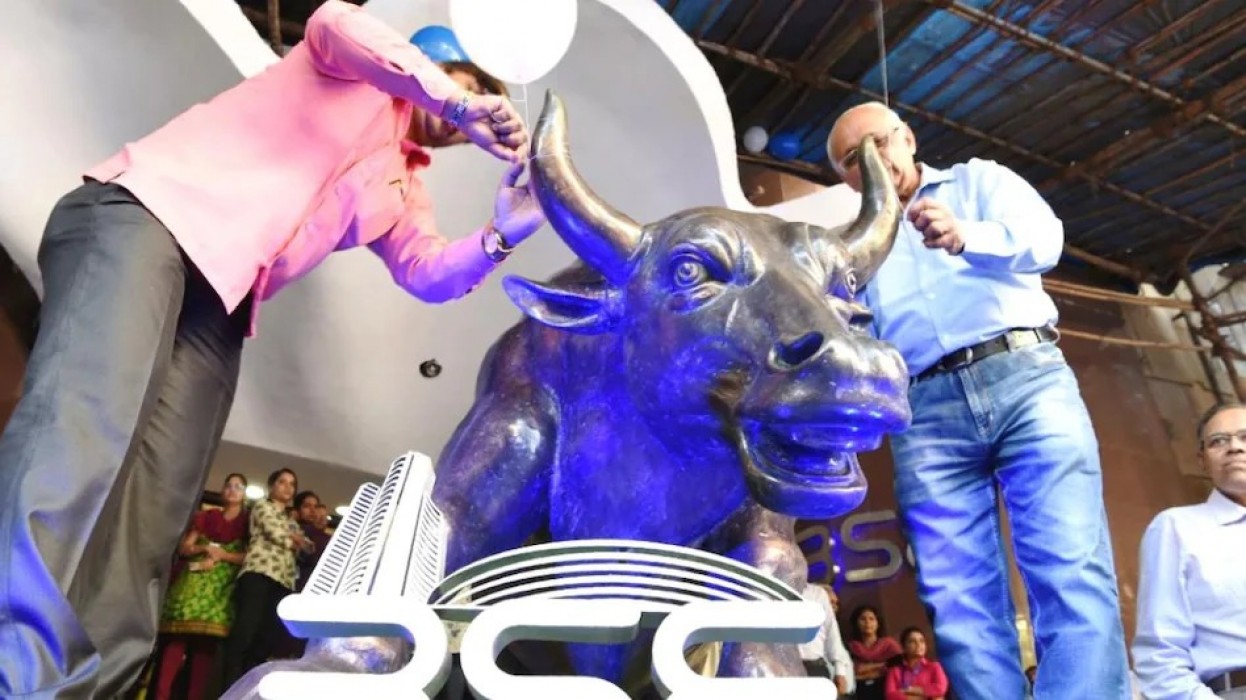India will become the first major economy to move to a T+1(trade plus one) market settlement cycle when it finally makes the transition on January 27. The Chinese market is currently partly T+1. With the move, all stock settlements will be done the next day, making financial transactions faster in the stock market.
Buy Prime Test Series for all Banking, SSC, Insurance & other exams
The Current Scenario:
Currently the market follows a T+2 settlement cycle, which means the investors receive shares or dividends as well as bonus shares in their accounts within two days after the transaction.
What The T Refers:
T refers to the trading day. Starting January 27 all large-cap and blue-chip companies will switch to the T+1 system. A T+1 cycle will mean that transfers will be completed the very next day and result in shorter waiting times as well as reduced liquidity risks for traders and investors.
What is T+1 Settlement Cycle:
Settlement refers to the process in which funds and securities are transferred to and from the buyer and seller. The time needed to complete these transfers is known as the settlement cycle. Domestic stock markets, both NSE and BSE, currently follow the T+2 settlement cycle. This means that shares would be transferred to a Demat account within two days after the transaction and funds from selling a share would be available two days after completing the transaction.
How has the trading cycle evolved in Indian stock markets:
SEBI introduced a rolling settlement cycle in July 2001. Prior to this all the settlements were being done on a fixed day- Fridays on BSE and Tuesdays on NSE. This system was riddled with many problems like poor delivery, excessive liquidity and frequent defaults. SEBI introduced the rolling settlement cycle after Demat accounts came into operation in 1996. Initially a T+5 settlement cycle was being followed, which meant settlements within 5 days from the trading day. In 2002 the market regulator shortened it to T+3 cycle and then to T+2 from April 2003, which is being followed till now.





 Which Dance Form is known as the Ballad ...
Which Dance Form is known as the Ballad ...
 Arunachal Pradesh Foundation Day 2026: P...
Arunachal Pradesh Foundation Day 2026: P...
 Harmanpreet Kaur Creates History: Become...
Harmanpreet Kaur Creates History: Become...








